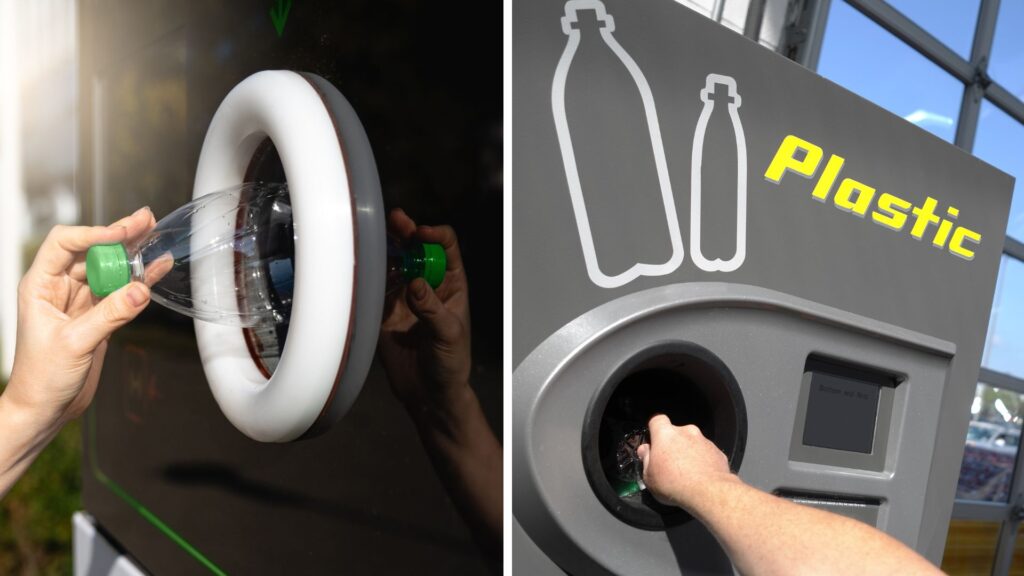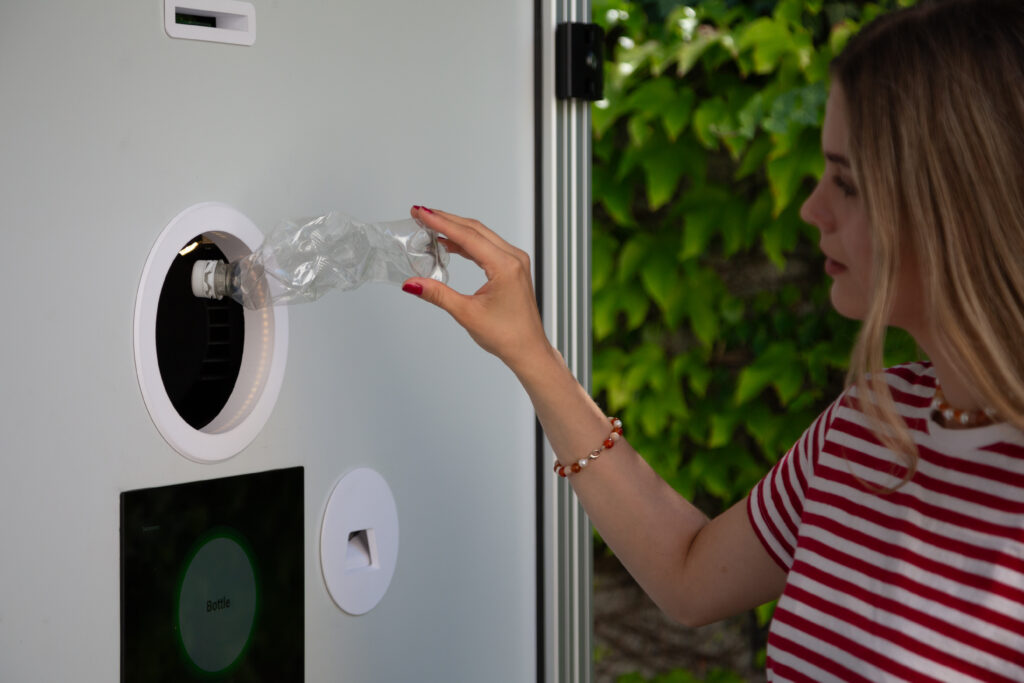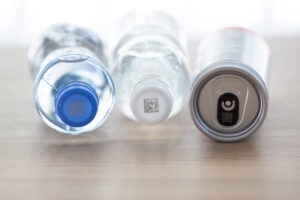What is Deposit Return Scheme
Deposit return schemes (DRS) are one of the most widely adopted and effective policy tools for recovering beverage containers and improving recycling quality. A deposit return scheme adds a small upfront refundable deposit on beverage containers (e.g., plastic bottles, metal cans, glass bottles). When consumers return the empty container to a designated collection point (such as a reverse vending machine at retail, a drop-off depot or designated return centre), they reclaim that deposit. The result: more containers collected, cleaner feedstock for recycling, and fewer containers leaking into the environment.
Global adoption and growth of DRS
According to the industry-consortium Reloop Platform, by January 2025 nearly 357 million people worldwide live in jurisdictions with operational DRS for single-use beverage containers. The same source projects that by the end of 2027 more than 70 jurisdictions, covering around 641 million people, will have DRSs in place. (Source: reloopplatform.org, Global Deposit Book 2024) Europe remains the leader: average collection/return rates approach the high-80s and 90s in many European schemes.

Performance advantages
High-return rates: Strong evidence shows that well-designed DRSs can achieve return rates of 90 % or more; for example, jurisdictions with deposit values of USD $0.15 or higher average ~92 % return rates (Reloop). Reduced litter: Reloop’s global litter-analysis found that jurisdictions with DRS register, on average, 54 % less beverage-container litter (by count) compared with jurisdictions without DRS. In some cases, reductions of 75–89 % have been measured (LetsRecycle, 2024).
Policy and circular economy context
DRS are increasingly viewed as a key policy mechanism to deliver on circular-economy and packaging waste mandates. The European Union’s packaging and waste reforms foresee very high collection/return targets for beverage containers, and the deployment of DRS is often cited as a necessary tool to meet them. Beyond recycling volumes, DRS help secure high-quality feedstock for recycled PET, reduce contamination, and support reuse of materials.

Key challenges
While DRS are effective, they require careful design and implementation. Key challenges include ensuring sufficient return-point convenience (especially in rural areas), aligning funding models (who bears the cost: producers, retailers, or the system operator), managing unredeemed deposits, and integrating the system with existing kerbside recycling and extended producer responsibility frameworks. Finally, consumer and retailer engagement are essential— even the best-designed scheme under-performs if user adoption is weak.
| Metrics | Value | Notes / Source |
| Number of jurisdictions with operational DRS (single-use beverage containers) | ~57 (as of Jan 2025) | Reloop Global Deposit Book 2024 (reloopplatform.org) |
| Population covered by DRS | ~357 million people | Reloop Global Deposit Book 2024 |
| Projected population coverage by end 2027 | ~641 million people | Projection from Reloop |
| Return rate in jurisdictions with deposit ≥ USD $0.15 | ~92 % (median) | Reloop Global Deposit Book 2024 |
| Average % reduction in beverage-container litter (count) in DRS vs non-DRS areas | ~54 % | Global litter analysis (LetsRecycle, 2024) |
Opportunities for improvement
DRS are proven, scalable, globally expanding, and increasingly tied to circular-economy policy. The innovation frontier lies not in proving whether they work, but in designing next-generation schemes: digital integration, improved logistics, broadened coverage (materials, container formats), data-driven performance monitoring, and seamless consumer experience. (Source highlight: Reloop Platform’s Global Deposit Book 2024 (reloopplatform.org)

Design & innovation trends
Critical design parameters influence outcomes: deposit value, convenience (return-to-retailer vs depot), coverage of container types, and accessibility of return points. Recent innovation includes ‘digital DRS’ (mobile-based refunds, digital vouchers), hybrid collection networks combining reverse vending machines, manual returns and postal returns, and Smart DRS which keeps the benefits of “standard DRS” (material purity and security) but replaces RVMs with Smart Collection Points to make the schemes more affordable.



